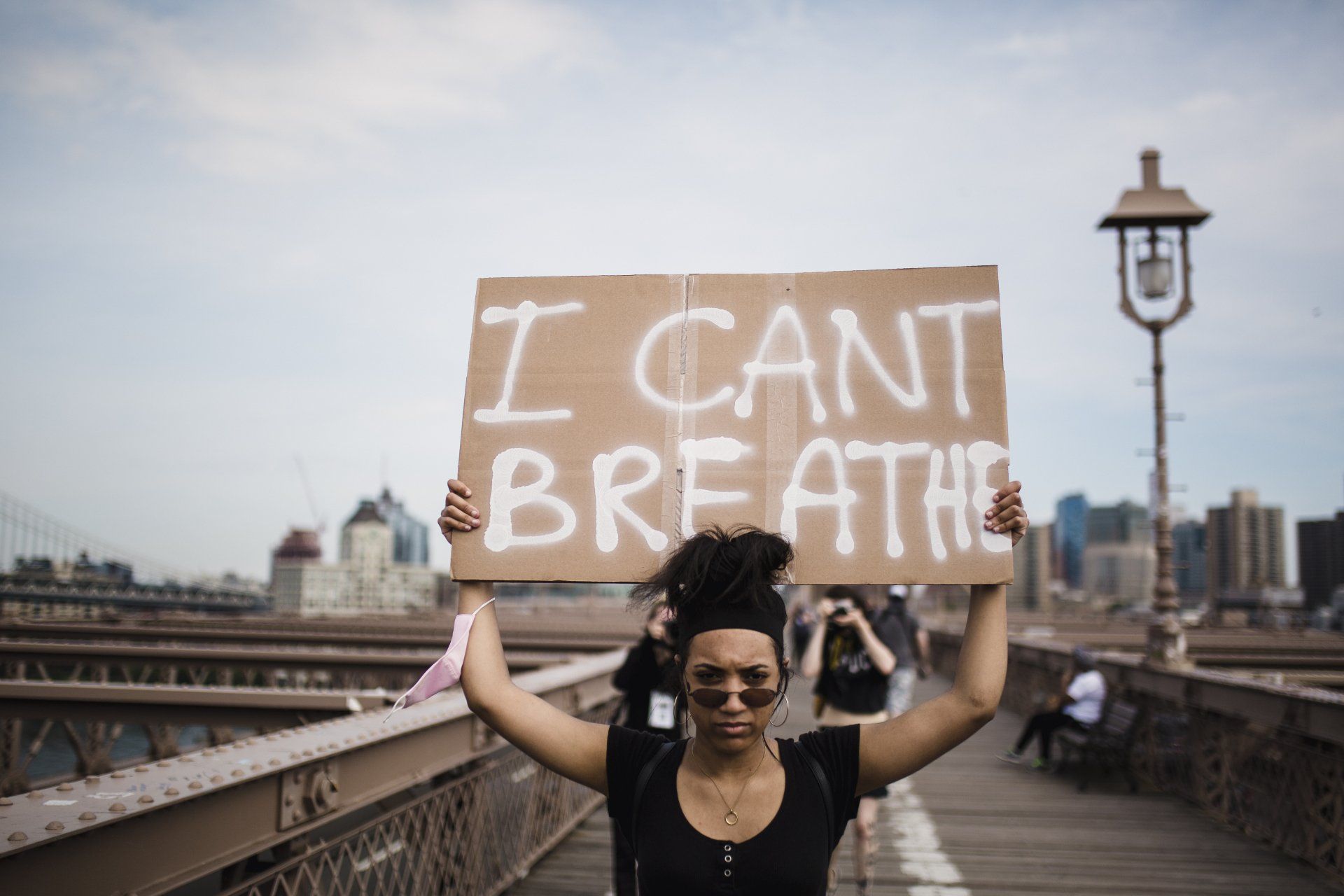After the police have charged you with an offence, or after you have been released following a bail hearing, you typically have to go to court on a specified date and make your first appearance before a justice.
Promise to Appear
The first appearance date is usually indicated on a document that the police will give you after they’ve charged you with an offence. That document is called a Promise to Appear and in it you will find the date, time and address of your first appearance.
If you are facing criminal charges in Ottawa, your first appearance will be held in courtroom number 5 of the Ottawa Courthouse located on 161 Elgin Street. Matters in courtroom number 5 start at 8:30 am and the list of matters usually go by alphabetical order of lawyers’ names.
Outside of courtroom number 5, you can usually find a person sitting in front of a table with a list of matters scheduled in courtroom number 5. That person will also have what is called the First Appearance Package. If you are attending for your first appearance, you should ask the person sitting outside of courtroom number 5 for your First Appearance Package.
First Appearance Package
A First Appearance Package consists of a Charge Sheet that contains the charges you are facing, as well as some personal information about you such as your name, date of birth, phone number. The Charge Sheet also includes the Synopsis, which is a summary of the facts that led to the charges against you. Finally, the First Appearance Package contains the Crown Screening Form, which indicates the Crown’s sentencing position on an early guilty plea, as well as the manner in which the Crown elects to proceed, whether it will be summarily or by indictment.
Although the First Appearance Package is usually expected to be available outside of courtroom number 5 at your first appearance date, that may not always be the case. If that is the situation you will have to request it from the Crown’s office on the third floor of the Ottawa Courthouse.
Pleading Guilty
Nobody wants to be facing a criminal charge and most of the times people would do anything to end a criminal proceeding as soon as possible. One way of doing so is to plead guilty on a first court appearance. Although pleading on a first appearance may seem compelling as it will put an early end to a criminal matter, there are, however, some risks associated with that option. This post does not constitute legal advice, its goal is solely to provide food for thought about some elements to consider before deciding whether or not to plead guilty on a first court appearance.
Consider this before pleading guilty at a first appearance
One of the problems of pleading guilty on a first court appearance is that often you will not have had access to disclosure at that point. Disclosure is the evidence that the Crown has against you and the evidence based on which the prosecution will proceed. Without the disclosure, you will not be able to know the Crown’s case against you and it will be difficult to assess whether or not there is a defence to the charge you are facing. Therefore, pleading guilty on a first appearance without having had a chance to at least obtain and review disclosure may be risky, as it is possible that the disclosure will reveal that you do have a defence. If there is a defence and a chance of winning (although there is never a guarantee of winning) then it may be worth it to proceed and to fight the charge. If you end up winning at trial, then you will be acquitted and you will not have a conviction registered against you. So for that reason, it may be prudent to at least wait until you obtain disclosure, review it with a lawyer, obtain legal advice as to whether or not there is a defence and then decide to plead guilty.
Other consequences to consider
Another reason why you should be cautious before you decide to plead guilty on your first appearance is that there are often collateral sentencing consequences such as immigration consequences, employment consequences etc., … So before you plead guilty on a first appearance, make sure you obtain legal advice about the potential consequences of your guilty plea. The cases in which people usually want to plead on a first appearance are impaired driving cases where the penalty on a first offence is usually a fine. The tendency for accused people in this type of situation is to plead guilty and pay the fine and be over with the situation. However, a fine means that the person is convicted of a crime and a conviction means that there will be a criminal record and a criminal record will add difficulties on future employment opportunities. So although it may sound appealing to just plead guilty to an impaired driving case and to pay the fine, once you do that, you will have a criminal record that will cause you difficulties in your future job search. Moreover, you will also have to pay a victim fine surcharge which will be 30% of the amount of the fine you paid for the impaired driving offence.
These are but some of the problems associated with pleading guilty on a first appearance. They are in no way exhaustive and you should always seek legal advice before you make a decision. In some situations pleading guilty right away may well be the best way to deal with a criminal proceeding but in any event, it is prudent to be cautious and seek legal advice before making that decision.

About The Author
Maya Shukairy is a criminal defence lawyer based in Ottawa, Ontario. Before becoming a criminal defence lawyer, she worked in a Crown’s Office gaining experience working as a Crown prosecutor. Maya offers her services in English, French and Arabic. Shukairy Law has affordable rates and accepts Legal Aid certificates.
Find this post informative?
Share it with your friends and family.
CAUTION: the information on this page does not constitute legal advice and is NOT a substitute for legal advice. To obtain legal advice please refer to a lawyer. If you do not have a lawyer and you are seeking legal advice, you may contact us at (613) 670-5819.
Take a look at a few other posts...



